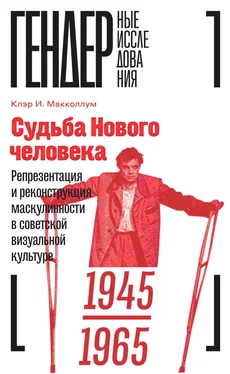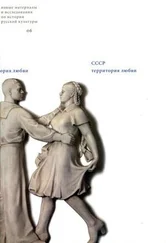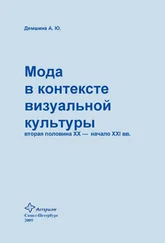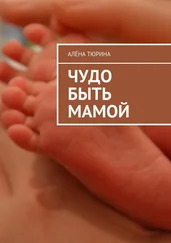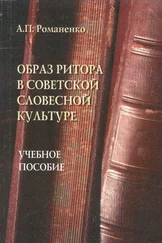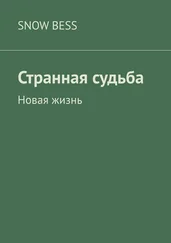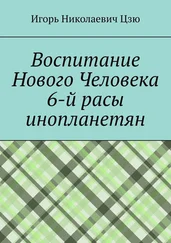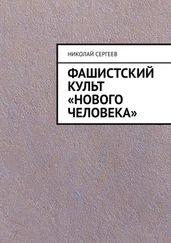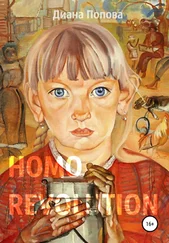Geschichte Osteuropas. 2002. № 50. Р. 37–61; Тартаковская И.
Н. Несостоявшаяся маскулинность как тип поведения на рынке труда //
Гендерные отношения в современной России: исследования 1990‐х годов: Сб. научных статей. Самара, 2003. С. 42–71; Чернова
Ж. Мужская работа: анализ медиарепрезентации // Гендерные отношения в современной России: Исследования 1990‐х годов: Сб. научных статей. Самара, 2003. С. 276–294; Хасбулатова О. Российская гендерная политика в ХХ столетии: мифы и реалии. Иваново, 2005; Prokhorova Е. The Post-Utopian Body Politic: Masculinity and the
Crisis of National Identity in Brezhnev-Era TV Miniseries // Gender and
National Identity in Twentieth-Century Russian Culture. DeKalb, 2006. P.
131–150; Field D. Private Life and Communist Morality in Khrushchev’s Russia. New York, 2007; Bucher G. Stalinist Families: Motherhood, Fatherhood and Building the New Soviet Person // The Making of Russian History: Society, Culture, and the Politics of Modern Russia. Bloomington, 2009. P. 129–152; Pollock E. Real Men Go to the Bania: Postwar Soviet
Masculinities and the Bathhouse // Kritika: Explorations in Russian and
Eurasian History. 2010. № 1. Р. 47–76; Bureychak T. Masculinity in Soviet and Post-Soviet Ukraine: Models and Their Implications // Gender, Politics, and Society in Ukraine. Toronto, 2012. P. 325–361; Лебина Н. Мужчина и женщина: тело, мода, культура. СССР — оттепель. М., 2014. Более всего категория маскулинности осмыслялась в кино. См. об этом, например: Haynes J. How the Soviet Man Was Unmade: Cultural Fantasy and Male Subjectivity under Stalin. Pittsburgh, 2008; Cinepaternity: Fathers and Sons in Soviet and Post-Soviet Film / Eds. H. Goscilo, Y. Hashamova.
Bloomington, 2010.
8
О досоветском идеале Нового человека в российском контексте см. сочинения Чернышевского, Добролюбова и Писарева, например: Добролюбов Н. А. Органическое развитие человека в связи с его умственной и нравственной деятельностью // Добролюбов Н.
А. Избранные философские сочинения. М., 1945. Т. 1. Чернышевский Н.
Г. Общий характер элементов, производящих прогресс // Чернышевский
Н. Г. Сочинения. Т. 2. М., 1987. C. 599–623. См. также: Паперно
И. Семиотика поведения: Николай Чернышевский — человек эпохи реализма. М., 1996; Rosenthal B. G. Dmitry Sergeevich Merezhkovsky and the Silver Age: The Development of a Revolutionary Mentality. The Hague, 1975; Rosenthal B. G. Nietzsche in Russia. Princeton, 1986; Scherr B.
P. God-Building or God-Seeking? Gorky’s Confession as Confession // The
Slavic and East European Journal. 2000. № 44. Р. 448–469; Clowes E. The
Revolution of Moral Consciousness: Nietzsche in Russian Literature, 1890-1914. DeKalb, 1988; Weiner D. Man of Plastic: Gor’kii’s Visions of Humans in Nature // The Soviet and Post-Soviet Review. 1995. № 22. P. 65-88; Garrard J.The Original Manuscript of Forever Flowing: Grossman’s
Autopsy of the New Soviet Man // The Slavic and East European Journal.
1994. Vol. 38. № 2. Р. 271–289; Hellbeck J. Laboratories of the Soviet Self:
Diaries from the Stalin Era. Ann Arbor, 2003; Etkind А. Psychological //
Culture Russian Culture at the Crossroads: Paradoxes of Postcommunist
Consciousness. Oxford, 1996. P. 99–127.
9
Evans Clements B. Introduction // Russian Masculinities in History and
Culture. P. 1–2.
10
Connell R. W. The Big Picture: Masculinities in Recent World History // Theory and Society. 1993. № 22. Р. 611.
11
Цит. по: Bailes K. E. Alexei Gastev and the Soviet Controversy over Tay- lorism, 1918–24 // Soviet Studies. 1977. Vol. 29. № 3. P. 387.
12
Замятин Е. И. Мы // Замятин Е. И. Собр. соч.: В 5 т. М., 2003. Т. 2. С.
218.
13
Boscagli M. Eye on the Flesh: Fashions of Masculinity in the Early
Twentieth Century. Boulder, 1996. P. 129.
14
Ibid.
15
Тема физического здоровья и физической культуры, имеющая отношение к представлениям о маскулинности, рассматривается в: Gilmour J., Clements B. ‘If You Want to Be Like Me, Train!’ The
Contradictions of Soviet Masculinity // Russian Masculinities in History and
Culture. P. 210–222; Starks Т. The Body Soviet: Propaganda, Hygiene, and the Revolutionary State. Madison, 2008; Grant S. Physical Culture and Sport in Soviet Society: Propaganda, Acculturation and Transformation in the
1920s and 1930s. London, 2014.
16
Schrand T. Socialism in One Gender: Masculine Values in the Stalin Revo- lution // Russian Masculinities in History and Culture. P. 203.
17
Более подробно о взаимосвязи между милитаризмом, героизмом и чествованиями см.: Petrone К. Life Has Become More Joyous, Comrades:
Celebrations in the Time of Stalin. Bloomington, 2000.
18
Clark K. The Soviet Novel: History as Ritual. Bloomington, 2000. P. 114-135. Более подробный анализ фигуры Сталина как отца можно найти в работах Катрионы Келли. См., например: Kelly C. Grandpa Lenin and
Uncle Stalin: Soviet Leader Cult for Little Children // The Leader Cult in
Communist Dictatorships: Stalin and the Eastern Bloc. London, 2004. P.
102–122; Kelly С. Riding the Magic Carpet: Children and Leader Cult in the
Stalin Era // The Slavic and East European Journal. 2005. Vol. 49. № 2. Р.
199–224; Kelly С. A Joyful Soviet Childhood: Licensed Happiness for Little
Ones // Petrified Utopia: Happiness Soviet Style. London, 2012. P. 3–18.
19
Вот лишь несколько работ, в которых приводится данная точка зрения: Kukhterin S. Fathers and Patriarchs in Communist and Post-Communist Russia // Gender, State and Society in Soviet and Post-Soviet
Russia. London, 2000. P. 71–89; Bucher G. Stalinist Families: Motherhood, Fatherhood and Building the New Soviet Person // The Making of Russian History: Society, Culture and the Politics of Modern Russia. Bloomington, 2009. P. 129–152; Koshulap I. Cash and/or Care: Current Discourses and
Practices of Fatherhood in Ukraine // Gender, Politics, and Society in Ukraine. Toronto, 2012. P. 362–363; Чернова Ж. Модель «советского отцовства»: дискурсивные предписания // Российский гендерный порядок: Социологический подход / Под ред. Е. Здравомысловой и А. Темкиной. СПб., 2007.
20
Образцом подобных исследований могут служить следующие работы: Hessler J. A Postwar Perestroika? Toward a History of Private Enterprise in the USSR // Slavic Review 1998. Vol. 57. № 3. Р. 516-542; Zubkova Е. Russia after the War: Hopes, Illusions and Disappointments, 1945–57. New York, 1998; Зубкова Е. Ю.Послевоенное советское общество: Политика и повседневность. 1945–1953 гг. М., 2000; Filtzer
Читать дальше
Конец ознакомительного отрывка
Купить книгу
